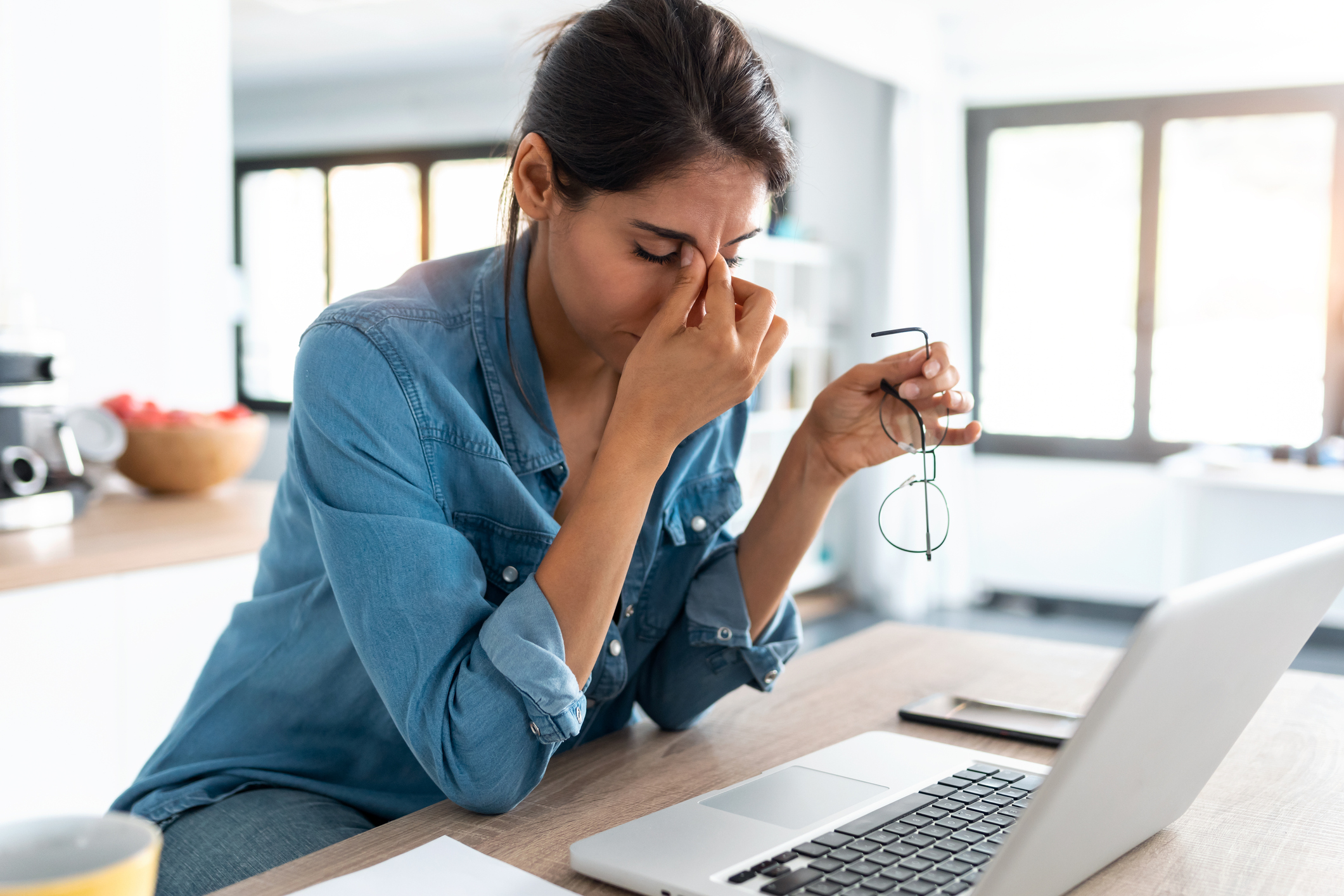 Statistics show that hundreds of millions of people are utilizing video conferencing applications such as Zoom to interact each day.
Statistics show that hundreds of millions of people are utilizing video conferencing applications such as Zoom to interact each day.
While this has become a new normal, it is important to note that spending a significant amount of time on these platforms can potentially lead to “Zoom Fatigue.”
The term Zoom fatigue is used to describe tiredness or burnout resulting from the excessive use of any video-conferencing application. According to experts, people are likely to feel exhausted or tense after prolonged use of these platforms, and here are the reasons why:
- Video chats greatly reduce mobility (Being confined in the same space for an extended amount of time can be tiring).
- Our brains need to work harder to process social cues which otherwise would be easier to interpret in person.
- We are unable to break eye contact. There is an excessive amount of direct eye gaze as we focus more intently to absorb information.
- Constantly seeing our own faces in real-time can be stressful-this is likened to always having a mirror in front of us. Some individuals may become increasingly aware of the way they look and worry more about presenting themselves well.
There are a few ways to alleviate Zoom fatigue, experts recommend:
- Limiting video calls to those that are necessary
- Turning your video off if it is not mandatory
- Minimizing or having your screen off to the side instead of straight ahead
- Hiding self-view
- Taking breaks when you can
- Building in breaks or transition periods in meetings so that participants can take a moment to refresh
- Taking a digital detox from your computer, cellphones and other devices
Lastly, it is important to establish a daily routine that helps you to find a healthy balance in life. Too much stress or fatigue can prove disadvantageous to our physical, mental and social health.
All content of this newsletter is intended for general information purposes only and is not intended or implied to be a substitute for professional medical advice, diagnosis or treatment. Please consult a medical professional before adopting any of the suggestions on this page. You must never disregard professional medical advice or delay seeking medical treatment based upon any content of this newsletter. PROMPTLY CONSULT YOUR PHYSICIAN OR CALL 911 IF YOU BELIEVE YOU HAVE A MEDICAL EMERGENCY.
